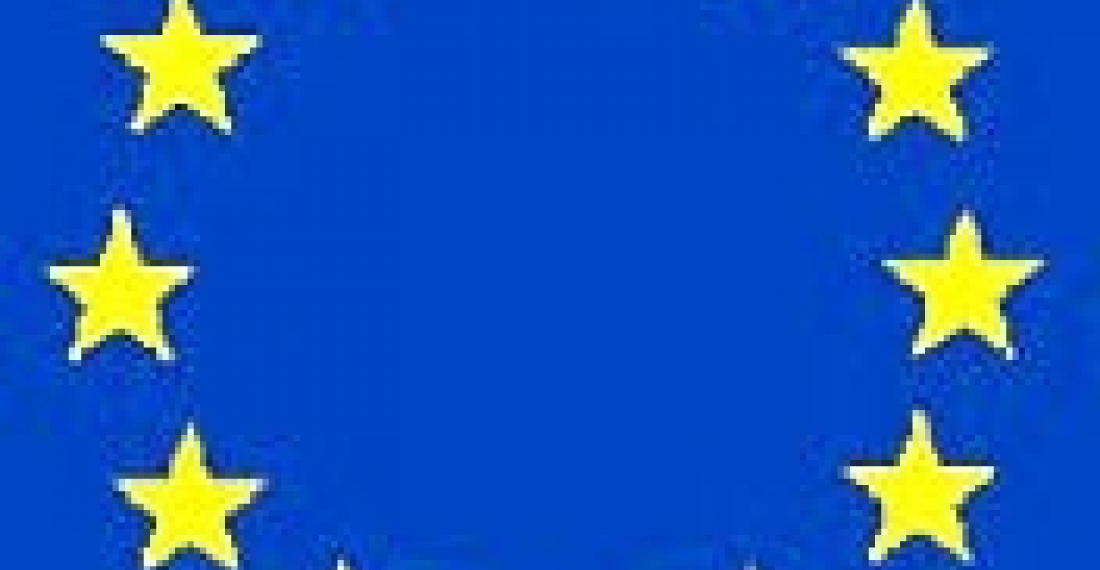Armenia unilaterally lifts visa regime for the citizens of the EU member- states starting January 10 2013. The Armenian Government will adopt a relevant decision on October 4.
In particular, Armenia unilaterally lifts the visa regime for the following countries: Austria, Belgium, Bulgaria, Germany, Denmark, Estonia, Ireland, Spain, Italy, Latvia, Poland, Lithuania, Luxembourg, Cyprus, Greece, Hungary, Malta, UK and Northern Ireland, Netherlands, Sweden, Czech Republic, Portugal, Romania, Slovakia, Slovenia, Finland, France and the countries not members of the EU that use Schengen Acquis - Iceland, Liechtenstein, Norway.
At present visa regime is applied to all the above states, except for the citizens of 13 countries having diplomatic passports (Slovakia, Cyprus, Poland, Hungary, Bulgaria, Latvia, Lithuania, Romania, Switzerland, France, Estonia, Slovenia, and Norway). In line with the new decision of the Armenian Government, the citizens of the above states will so far get visas at diplomatic offices and consulates of Armenia and on the border crossings without preliminary invitation. The Foreign Ministry of Armenia believes that visa regime cancellation will boost tourism and economic in the country.
Lifting visa regime with the above states will lead to reduction of the state tax, which totaled nearly 323 million drams annually. In 2011 65,260 entry visas were provided to the EU member-states, which is nearly 27% of total visas provided in 2011 (245.425 visas).
Armenia lifts visa regime for EU member-states
Armenia lifts visa regime for EU member-states







